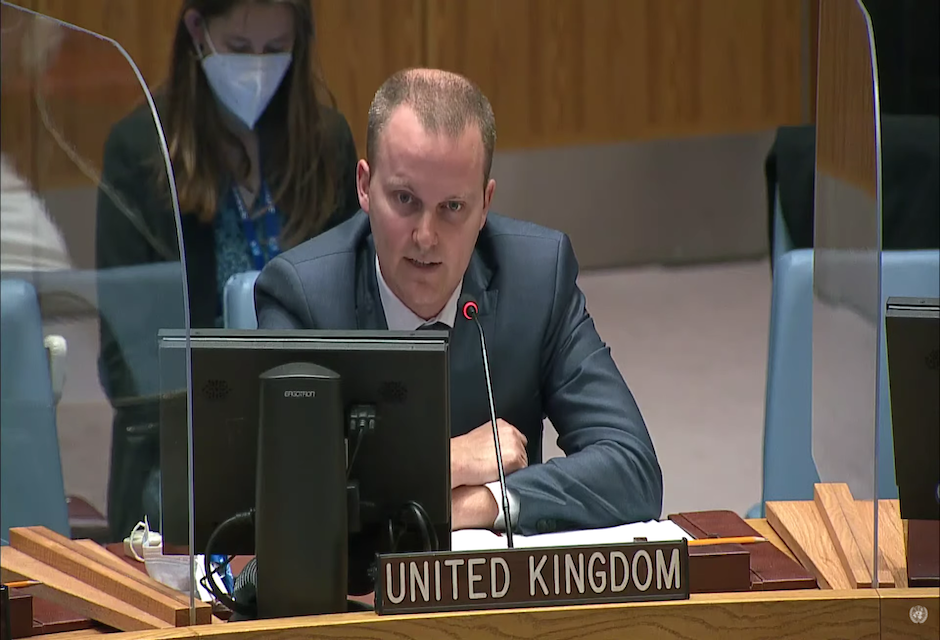Consultation to enhance legal support for those facing eviction or repossession
News story
People at risk of losing their home are set to benefit from enhanced legal support following a consultation launched by the government today (25 November 2021).

- the consultation sets out a new approach to the delivery of legal aid for housing possession proceedings
- the proposed changes will improve access to legal aid for anyone at risk of losing their home and provide holistic advice to individuals most in need
- consultation set to run for 8 weeks and follows stakeholder engagement on how to improve current scheme
The Housing Possession Court Duty Scheme (HPCDS) offers free ‘on-the-day’ legal advice to anyone in danger of being evicted from their home or having their property repossessed, regardless of their financial circumstances. Given the vital role the HPCDS plays in ensuring access to justice and the timely resolution of legal problems, the continuation of the service is of paramount importance.
For some time, the Ministry of Justice has worked to develop a package of measures to improve the sustainability of this vital scheme, improving access to legal advice and representation for anyone facing possession proceedings in court.
The consultation proposes several key changes.
- Remodel the delivery of the HPCDS to become a new Housing Loss Prevention Advice Service (HLPAS), incorporating both the existing service of advice and representation at court but also early legal advice before court.
- Expanding the scope of legal aid so that HLPAS providers can offer early legal advice on social welfare law matters to individuals facing procession proceedings.
- Contracts for individual courts rather than larger geographical areas.
- Allowing providers to claim for the court duty fee in addition to a Legal Help fee for follow on work.
- Introducing a set attendance fee for all schemes, replacing the existing nil session payment.
Some of these proposals are similar to those consulted on prior to the onset of the Covid-19 pandemic and were well-received by legal aid providers and other stakeholders. The previous consultation was discontinued as the way possession proceedings were being heard underwent significant changes during the pandemic and we needed to further consider the best approach.
Have your say: Housing Legal Aid: the way forward
Notes
- The consultation will be open for 8 weeks, closing on 20 January 2022.
- A paper summarising responses will be published within 3 months of the closing date of the consultation.
Published 25 November 2021
